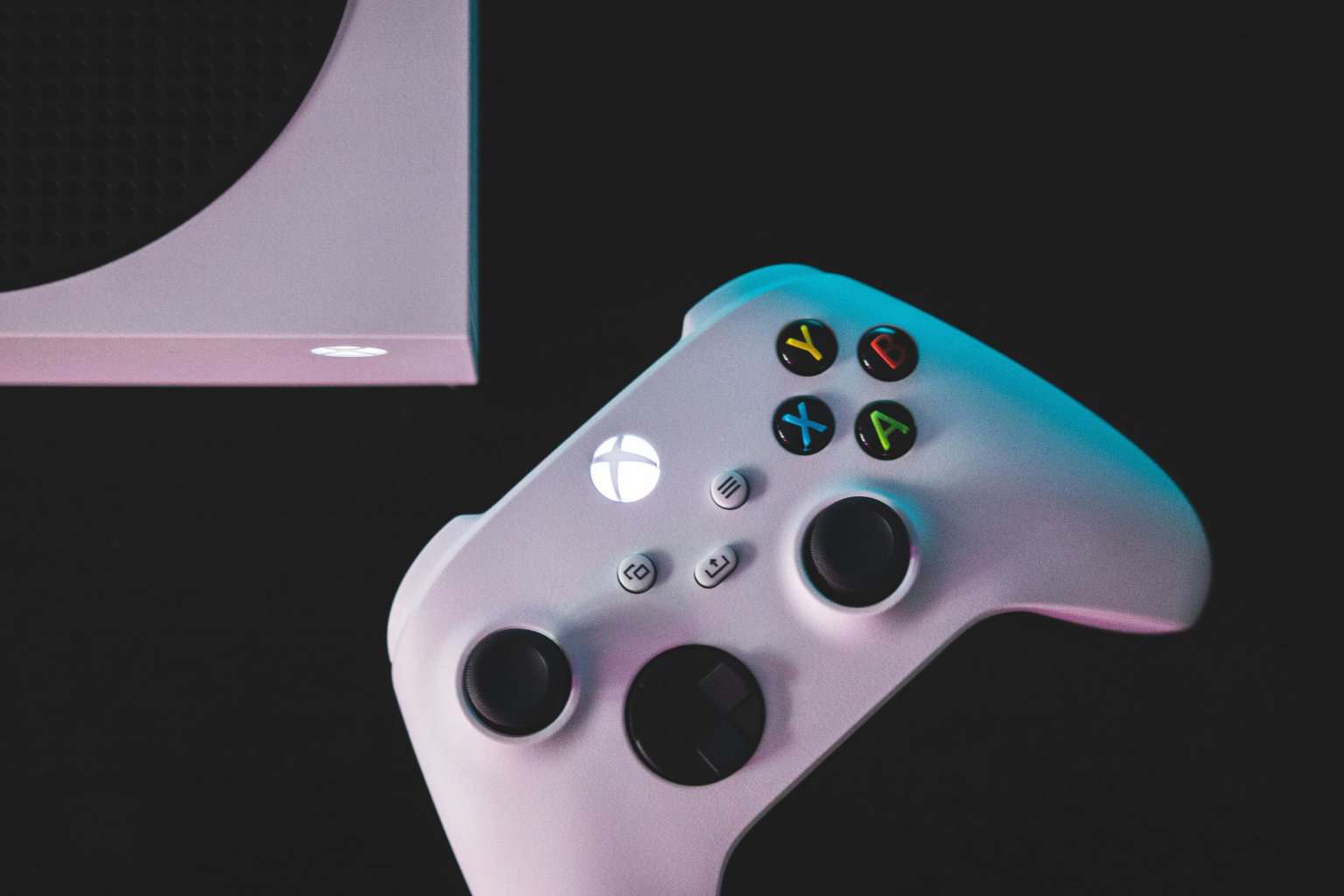Microsoft GPT-4: You'll be able to create videos from texts
The AI war is heating up.
2 min. read
Published on
Read our disclosure page to find out how can you help Windows Report sustain the editorial team. Read more
Key notes
- Google and Microsoft continue headbutting each other in the AI war.
- GPT-4, successor to GPT-3, is coming in March 2023.
- The multi-modal AI will be able to operate on three different inputs.

Not too long after Google announced its mega-plan to develop an AI speech that could recognize 1.000 world’s most-spoken languages, Microsoft said that it’s ready to launch GPT-4, a successor to the infamous neural network by OpenAI, in March 2023.
During the AI in Focus – Digital Kickoff event, Microsoft Germany CTO Andreas Braun said that the language will bear multi-modal models functionality, as quoted by German publication Heise Online.
“We will introduce GPT-4 next week, there we will have multimodal models that will offer completely different possibilities – for example videos.”
Being a multi-modal language, the AI will be able to function on different inputs (texts, images, and sound), whereas GPT-3 and GPT-2 could only operate on texts. Moreover, the multi-modal language will be able to translate texts into music and videos, meaning that you can create AI-generated clips using simple prompt words.
What’s going on in the war on AI?

For months, anticipations for GPT-4 have been massively built up. The emerging technology will reportedly contain more parameters than its GPT-3 predecessor by 600 times.
If that’s not enough, Microsoft has integrated GPT-3-powered ChatGPT into Bing and Microsoft Edge browser, on both mobile and desktop. Not too long ago, Redmond officials announced that the often-overlooked search engine has amassed over 100 million daily users milestone
That means, Google has every right to be worried about it, especially since its BARD AI is still far from primetime. Although they’ve just announced a state-of-the-art speech AI model called the Universal Speech Model (USM), Google still has a lot to catch up on, for now.
What do you think about this AI war between Microsoft and Google? Let us know in the comments!








User forum
0 messages